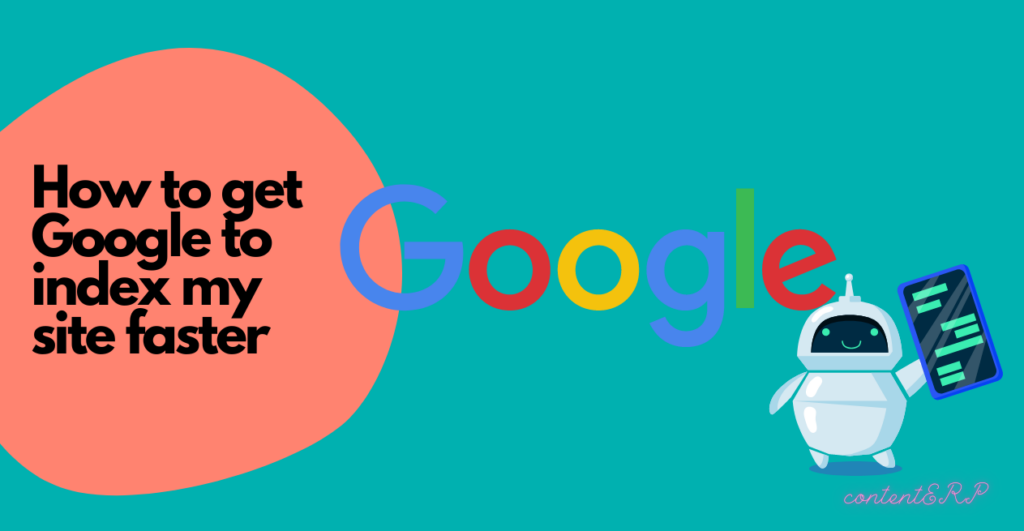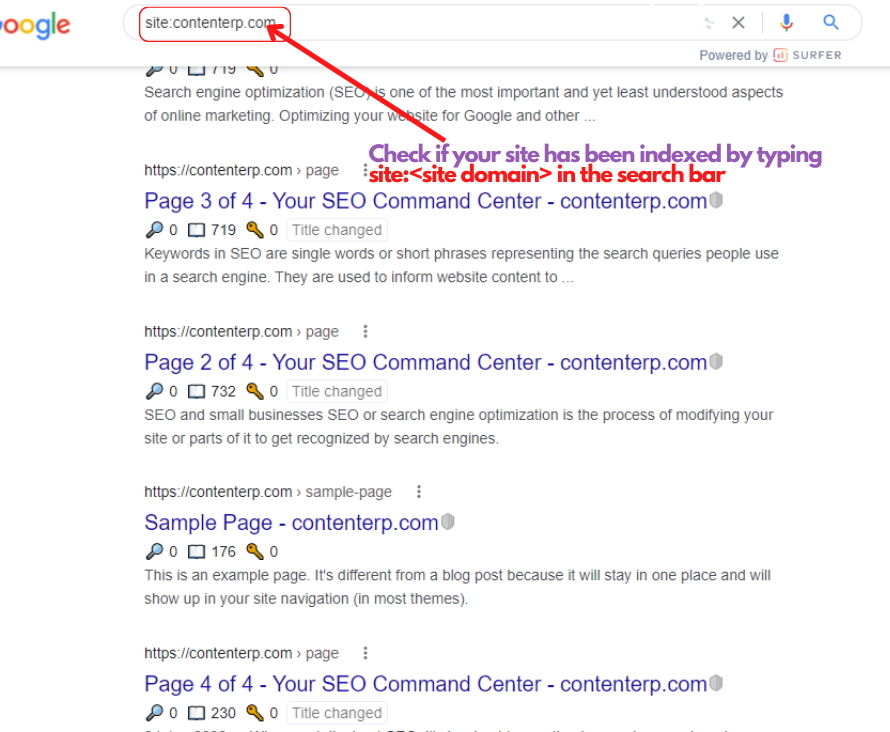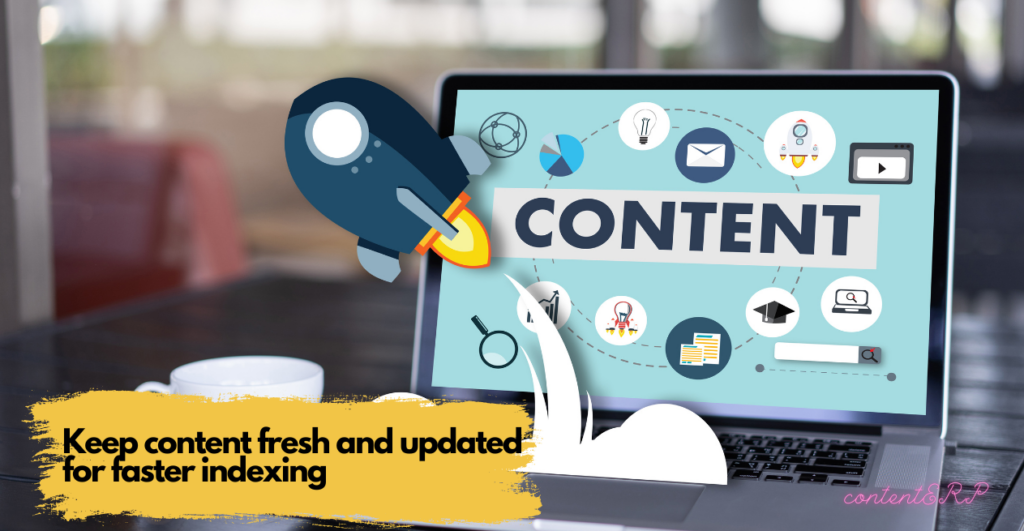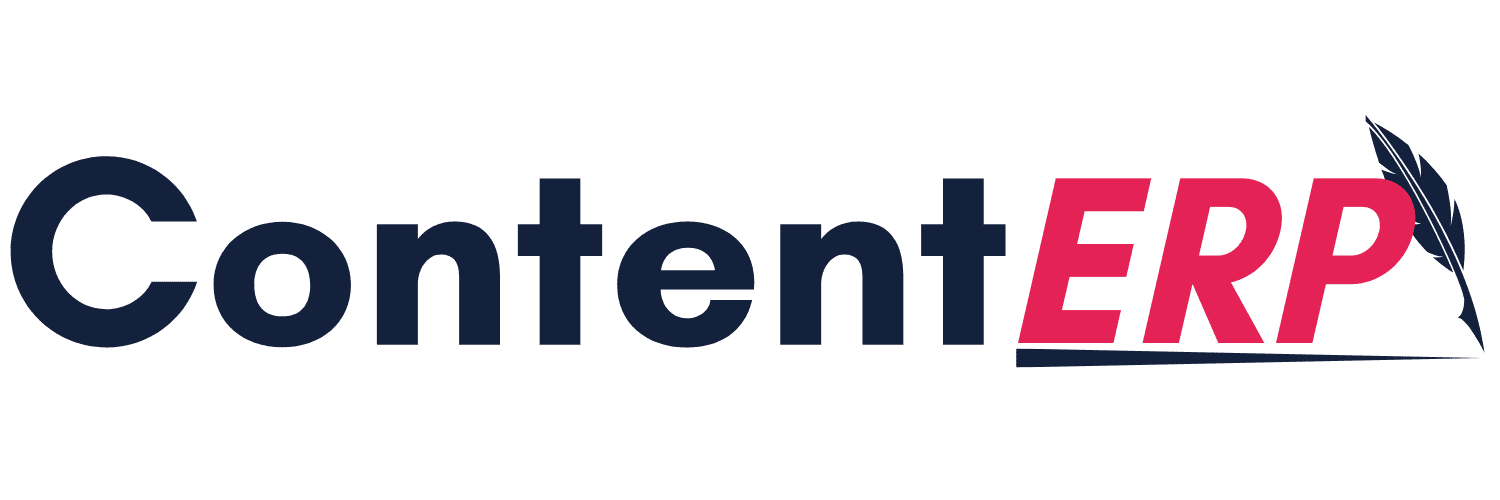How to Get Google to Index My Site Faster

Crawling and Indexing: the terms
Wondering why it’s taking eons for Google to index your site? Search engines like Google crawl the web to build a search database and add the pages of your site and those of your competitors to its index. A newly published or poorly maintained site may take longer to index than one that is more established or well-maintained.
In some cases, it may take weeks for indexing to complete. You might think that the more content there is on your site, the faster it will be indexed, but that is not the case. Search engines crawl sites in the order in which they appear in their database. They also have a limited number of web crawlers, so they can’t index every site worldwide.
In fact, some crawlers are programmed to ignore certain types of content, such as private web directories. So, how can you get your site indexed faster? The first step is ensuring your site is set up correctly and easy to find.
Google’s indexing process
Google’s indexing process is like a well-oiled machine, but even the best machines have room for improvement. If you want to ensure that your pages are indexed and have a chance of ranking well, you can do a few things to give Google a little nudge in the right direction.
Check if your site is indexed
Unless you’re starting a brand new site, your website is probably already indexed.
If you’re not sure, here’s how to find out.
The easiest way to check this is to search site:yourdomain.com on Google. If Google knows your site exists and has already crawled it, you’ll see a list of results similar to Contenterp’s, as shown in the screenshot below.

Faster Google indexing
By taking a proactive approach to indexation, you can ensure that your pages are indexed quickly and accurately, giving them the best chance to rank well in search results.
Check your indexing status
The Index Status report shows how many of your URLs Google has indexed over the past year. This report makes it easy to determine whether Google is finding and indexing your pages. You can also check out the “Advanced” tab to see how many pages on your site have been blocked by your robots.txt file (which we’ll get to later).
If you’re intentionally preventing Google from indexing certain pages, this tab will let you know that you’ve set up the blocks correctly. And if you don’t want to block Google from indexing certain pages, this tab will let you know if there’s an issue.
Ask Google to recrawl your URLs
If you’ve recently added or made changes to a page on your site, you can request that Google re-index your page using any of the methods listed here. You can’t request indexing for URLs that you don’t manage.
In most cases, sites hosted on content management platforms like Blogger or WordPress have their content submitted directly by the platform. Check with your platform’s support documentation for more information
Requesting a crawl does not guarantee that search results will be updated immediately. Crawling may take anywhere from a few days to a few weeks for search results to be updated.
Use the URL inspection tool
To request a crawl of individual URLs, use the URL Inspection tool. You must be an owner or full user of the Search Console property to be able to request indexing in the URL Inspection tool.
Please note that there’s a quota for submitting individual URLs, and requesting a recrawl multiple times for the same URL won’t get it crawled any faster.
Submit a sitemap
If you have large numbers of URLs, submit a sitemap using the search console. A sitemap is an important way for Google to discover URLs on your site. It can be very helpful if you just launched your site or recently performed a site move.
A little-known Google hack can help get your sitemaps indexed quickly. Simply enter “google.com/ping” into your browser URL bar, followed by the URL of your sitemap. This will tell Google to crawl your sitemap, and if the URLs meet their quality standards, they should be indexed quickly. Give it a try with your current sitemaps!
Google Indexing API
Google recently introduced new APIs to help speed p and automate the crawling and indexing process. Google’s API allows any site owner to notify Google when pages are added or removed directly. This allows Google to schedule pages for a fresh crawl, leading to higher quality user traffic. Currently, the Indexing API can only be used to crawl pages with either job postings or Livestream broadcasts.
Here are some of the things you can do with the Indexing API:
- Update a URL: Notify Google of a new URL to crawl, or that content at a previously-submitted URL has been updated.
- Remove a URL: After you delete a page from your servers, notify Google so that we can remove the page from our index and so that we don’t attempt to crawl the URL again.
- Get the status of a request: Check the last time Google received each kind of notification for a given URL.
- Send batch indexing requests: Reduce the number of HTTP connections your client has to make by combining up to 100 calls into a single HTTP request.
Google recommends using the Indexing API instead of sitemaps. The Indexing API prompts Googlebot to crawl your pages sooner than updating the sitemap and pinging Google. However, submitting a sitemap for coverage of your entire site is still recommended.
Update robots.txt file
A robots.txt file tells search engine crawlers which URLs the crawler can access on your site. This is used mainly to avoid overloading your site with requests; it is not a mechanism for keeping a web page out of Google. To keep a web page out of Google, block indexing with noindex or password-protect the page.

To update the rules in your existing robots.txt file, download a copy of your robots.txt file from your site and make the necessary edits.
Links from recognized pages
When you publish new content, the most important thing to do is make sure you link to it from other important pages on your site. This includes your homepage, blog, and resources page. By doing this, you’re preventing what’s called “orphaning,” where a page has no incoming links and is, therefore, more difficult for users to find.
When you add links to a page, it’s like giving Google a little hint. You’re telling the search engine to return to that page later on and take a closer look.
But not only that but adding links also makes the page seem more important. If a bunch of other pages with a high ranking is linking to this page, Google will assume that this page must be pretty important and boost the search results.
Use internal links within your webpages
Internal links are like gold when it comes to quickly get your website pages indexed and moving up in organic search results. Your website’s navigation bar is the most obvious source of those all-important internal links. It’s key to structure your website navigation in a way that makes sense to Google’s algorithms.
Your navigation should follow a predictable flow like Homepage -> Category -> Sub Page. All elements should be obviously related. So if you are a web designer, your navigation might look like this.
Fresh and updated content will get Google to index a site faster

A forgettable step in the website development process is to link your important pages and go back and add links to your older content. A common practice is to link from the homepage or to older articles, but many people forget to go back and add links from the new content to the older articles already on the site.
This way, not only are you linking your important pages, but you’re also linking your new content to older, more established articles on your site. This will help increase traffic flow to your newer content and help it gain traction more quickly.
Social media sharing gets you seen
A great way to get your content ranking higher on Google is to share it on social media. When you have new content, share it on social media sites, and you will see a correlation between the number of social shares and how high your content ranks.
Additionally, when you share your content on content aggregators like Reddit, you create actual links that Google can crawl. This is beneficial because it shows Google external signals that your content is valuable and worth ranking higher.
Create a content marketing strategy
It’s prudent to create a content marketing strategy that’s based on search results. A properly documented marketing strategy will:
- Create effective content marketing and help you focus on your goals
- Help you feel less challenged with different aspects of marketing
- Help in effectively channeling marketing tactics and social media channels
- Help you control your marketing budget
Besides helping you focus on what’s important, a marketing strategy will help you get content ideas. These ideas may translate to faster indexing by Google.
Publishing valuable, relevant, and useful content is the first step to seeing your content. The next step is doing everything you can to ensure it reaches the right audiences that people interact with.
Add a Blog to your site
Blogs are the ace of crawling and indexing. They get crawled and indexed faster than static pages. One major reason is that you’re constantly updating the content of your blogs. This content brings in more traffic- estimated at 55%- more than other web pages.
The best part about blogs is that they work for any business and can be used on any with an online presence. If you want to take a more sales-oriented approach, share your blog post link with other bloggers and influencers. They may want to feature your product on their blogs, which would be great for traffic and links. This would also positively impact your crawl rate.
Final word
Google’s algorithm and bots are busy crawling and indexing billions on sites daily and may sometimes overlook yours. You don’t always have to wait on Google to index your site; you can also initiate the process for faster indexing.
Of course, your site should already be optimized for search engines to get the process going. With an optimized site, initiating faster indexing is much easier than starting from scratch. Remember to have fun with the process for better, more organic results.

